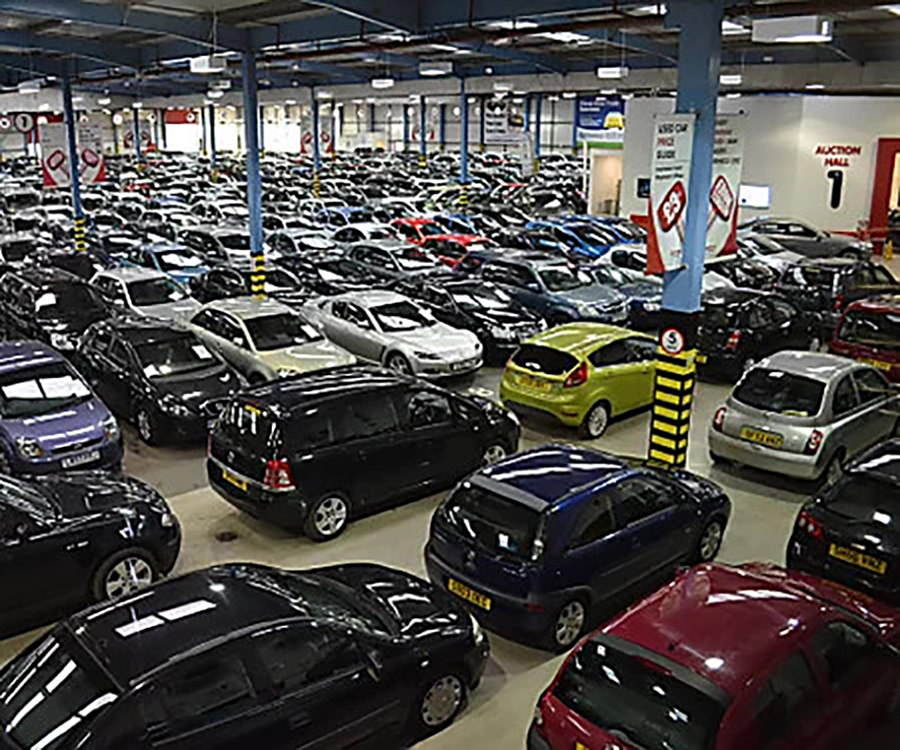Understanding Screwless Dental Implants for Seniors: Options and Costs
Dental implants have revolutionized tooth replacement options, particularly for seniors seeking comfortable, long-lasting solutions. Screwless dental implants offer unique advantages for older adults concerned about invasive procedures. This comprehensive guide explores implant options specifically designed for seniors, including innovative screwless technologies and realistic cost expectations for those considering full mouth restoration.

Dental implants have become the gold standard for tooth replacement, offering durability, functionality, and aesthetic benefits that traditional dentures simply cannot match. For seniors particularly, the evolution of implant technology has opened new doors to improved quality of life through better oral health. Among these innovations, screwless dental implants represent a significant advancement that addresses many concerns older adults have about traditional implant procedures. These modern solutions offer less invasive options with potentially faster healing times—a critical consideration for the senior population.
What Are Screwless Dental Implants?
Screwless dental implants, as the name suggests, differ from traditional dental implants by eliminating the need for screws to secure the prosthetic tooth to the implant base. Instead, these systems typically use friction-fit connections, press-fit designs, or specialized locking mechanisms that allow the prosthetic crown to snap securely onto the implant post. This design reduces micro-movement that can occur with screw-retained implants and eliminates the small access hole typically visible on the chewing surface of screw-retained crowns, resulting in better aesthetics and potentially improved functionality.
The technology behind screwless implants focuses on creating a secure connection between the implant and prosthetic components while minimizing trauma during placement. Many systems use tapered connections or morse taper designs that create extremely tight seals when the components are pressed together. This approach can reduce bacterial infiltration at the connection site, potentially improving long-term outcomes and reducing complications like peri-implantitis that seniors might be more susceptible to due to age-related changes in immune response.
Benefits of Dental Implants for Seniors
Dental implants offer numerous advantages for older adults seeking tooth replacement solutions. Unlike removable dentures, implants function like natural teeth, allowing seniors to eat, speak, and smile with confidence. This functional improvement directly impacts nutrition—a critical health factor for aging adults who might otherwise avoid certain foods due to dental limitations. The preservation of jawbone that implants provide also helps maintain facial structure and prevent the sunken appearance often associated with long-term denture use.
For seniors specifically, the psychological benefits of dental implants shouldn’t be underestimated. Many older adults report improved self-esteem and social confidence after implant treatment. Additionally, fixed implant solutions eliminate many of the daily inconveniences of removable dentures, such as adhesives, cleaning routines, and concerns about dentures slipping during social interactions. Research has consistently shown that implant-supported restorations provide higher satisfaction rates among older adults compared to conventional dentures, with many reporting an overall enhanced quality of life.
Why Screwless Implants May Be Ideal for Seniors
Screwless dental implants offer several advantages that make them particularly suitable for senior patients. First, the placement procedure is often less invasive than traditional implants, potentially reducing recovery time—an important consideration for older adults who may have delayed healing responses. The absence of screws also eliminates the risk of screw loosening or fracture, which can be problematic for seniors who might have difficulty detecting these issues early or making frequent dental appointments for maintenance.
The design of screwless systems typically creates a better seal between components, potentially reducing the risk of bacterial infiltration that can lead to implant failure. For seniors with compromised immune systems or conditions like diabetes that affect healing, this reduced infection risk represents a significant benefit. Additionally, the simplified maintenance requirements of screwless implants may be more manageable for older adults with dexterity issues or cognitive challenges. Many seniors also appreciate that screwless implants often provide superior aesthetics without visible access holes or screw components.
How Much Does a Full Set of Teeth Implants Cost?
The cost of a full set of dental implants represents a significant investment, with comprehensive treatment for a full arch typically ranging from $15,000 to $30,000 per arch in the United States. For a complete mouth restoration involving both upper and lower arches, patients can expect to pay between $30,000 and $60,000 on average. These costs vary considerably based on several factors including geographic location, the specific implant system used, the complexity of the individual case, and the experience level of the dental professional performing the procedure.
The total expense typically encompasses several components: the surgical placement of the implants themselves, any necessary preparatory procedures (such as bone grafting or extractions), the fabrication of the prosthetic teeth, and all associated appointments including consultations and follow-ups. Many practices offer payment plans or financing options specifically designed for these higher-cost procedures, making them more accessible to seniors on fixed incomes.
| Treatment Option | Average Cost Range | What’s Typically Included |
|---|---|---|
| Single Tooth Implant | $3,000 - $6,000 | Implant, abutment, crown |
| All-on-4® Implants (per arch) | $15,000 - $28,000 | 4 implants, full arch prosthesis |
| All-on-6® Implants (per arch) | $17,000 - $30,000 | 6 implants, full arch prosthesis |
| Traditional Full Mouth Implants | $30,000 - $60,000 | 8-10+ implants per arch, crowns/bridges |
| Screwless Implant Systems | $16,000 - $32,000 per arch | Specialized implants with friction-fit connections |
Prices, rates, or cost estimates mentioned in this article are based on the latest available information but may change over time. Independent research is advised before making financial decisions.
Factors Affecting Teeth Implants Cost
Several factors influence the final cost of dental implant treatment, particularly for seniors considering full mouth restoration. The patient’s existing oral health condition plays a significant role—those requiring extensive preparatory work like bone grafting, sinus lifts, or multiple extractions will face higher overall costs. The choice of implant system also impacts pricing, with premium brands and newer technologies like screwless systems sometimes commanding higher fees due to their specialized components and potential benefits.
Geographic location significantly affects pricing, with urban centers and regions with higher costs of living typically charging more for dental services. The expertise and specialization of the dental professional also influences cost—board-certified specialists like oral surgeons or prosthodontists often charge more than general dentists for implant procedures. For seniors specifically, insurance coverage represents another critical factor, as traditional Medicare does not cover dental implants, though some Medicare Advantage plans offer limited dental benefits. Supplemental dental insurance plans may provide partial coverage, but typically have annual maximums well below the cost of full implant treatment.
Choosing the Right Dental Implant Solution for Seniors
Selecting the appropriate dental implant system requires careful consideration of individual needs and circumstances. For seniors, factors like bone density, overall health status, medication regimens, and financial resources all play important roles in the decision-making process. A comprehensive evaluation by a dental professional experienced in geriatric dentistry can help determine whether traditional implants, screwless systems, or alternative solutions like implant-supported dentures represent the best approach.
Seniors should seek providers who take a holistic approach to treatment planning, considering how factors like arthritis, reduced dexterity, or cognitive changes might affect the ability to maintain different implant systems. The ideal solution balances functional needs, aesthetic desires, maintenance requirements, and financial constraints. Many older adults find that hybrid approaches—such as using a limited number of implants to support a full-arch prosthesis—offer the best combination of stability, function, and value. Whatever option is chosen, establishing a clear maintenance plan and regular follow-up schedule is essential for ensuring the longevity of the investment in dental implants.
This article is for informational purposes only and should not be considered medical advice. Please consult a qualified healthcare professional for personalized guidance and treatment.




